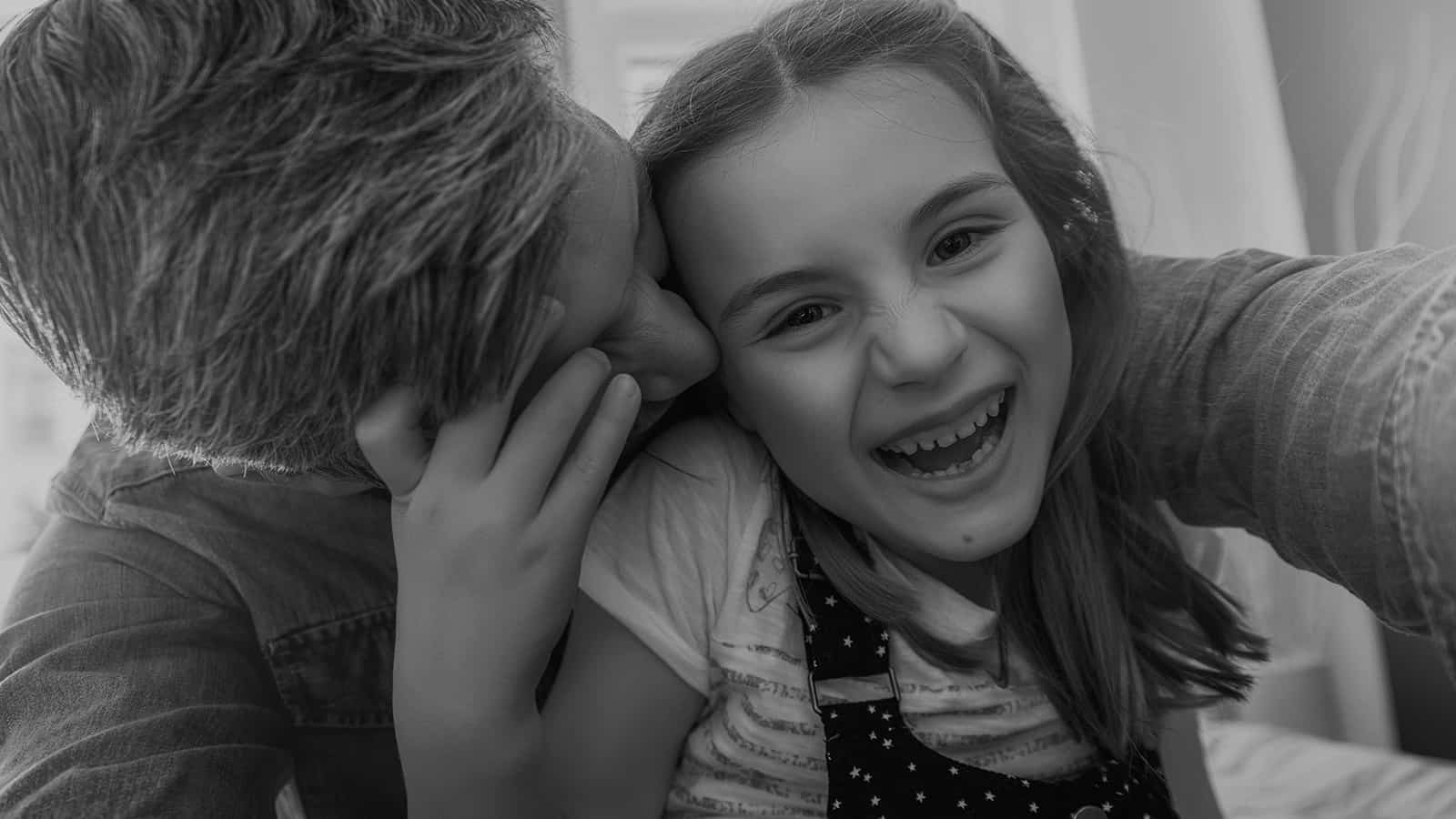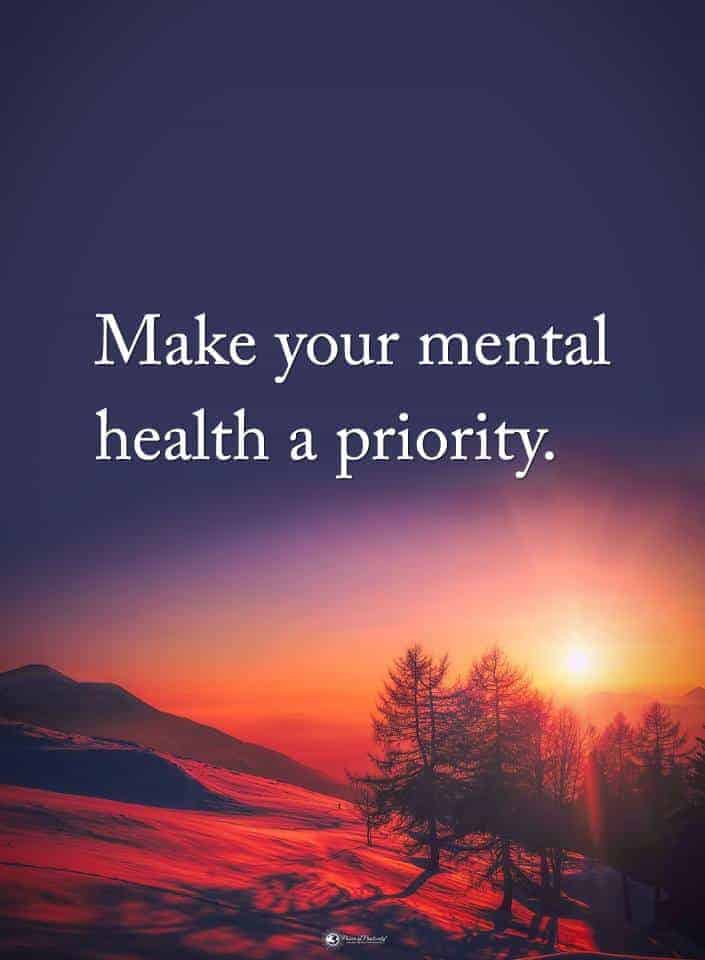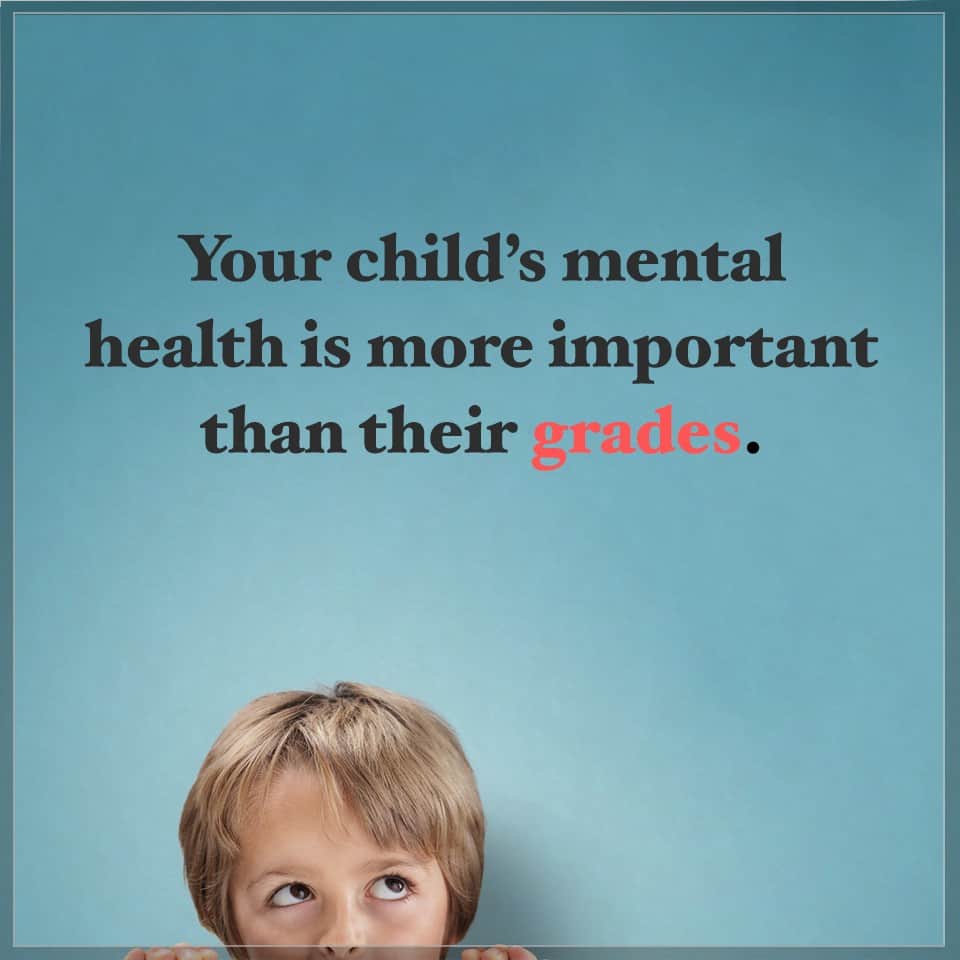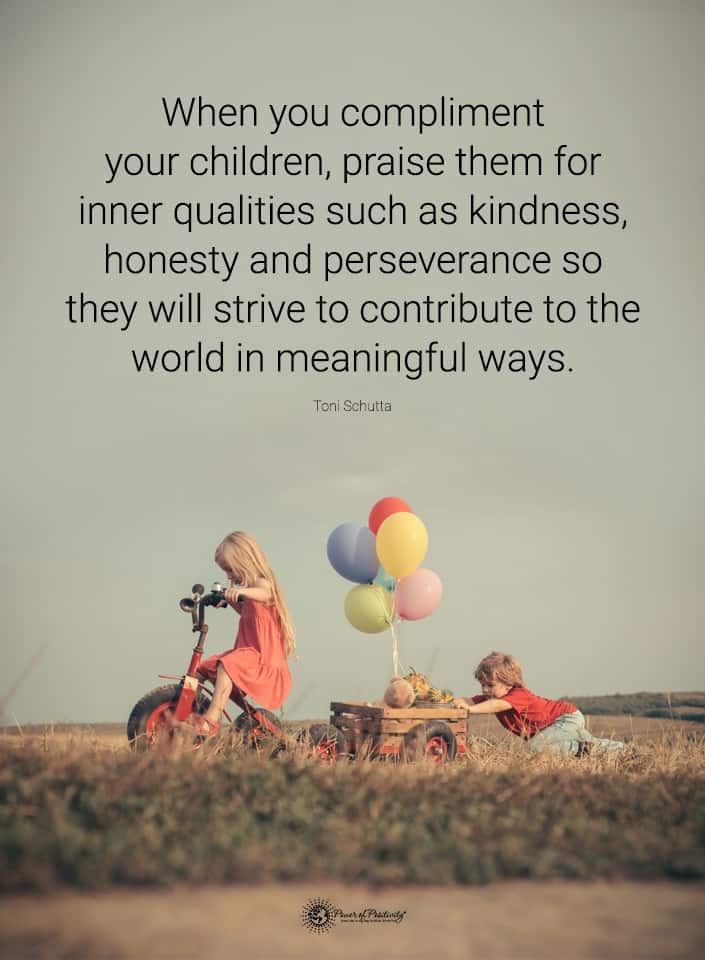Your child’s brain is like a sponge that absorbs everything you teach them. Plus, they also pick up on your lifestyle and even your manner of speech. How many times have you slipped and said a curse word in front of your kid, only to hear them utter those words later?
Since your kids don’t know much about the world and life as you know it, they look to you for guidance. You can pat yourself on the back for being a good parent. You make sure they have clean clothes, food to eat, and they know they’re loved.
Sadly, there are sometimes that you and every other parent in the world get lazy. It’s understandable as you’re tired and stressed out. When you’re complacent in your efforts to guide your kids, it can cause them to lack the things they need to thrive and be happy.
It seems that as your children age and grow into a teenager, their problems become more extensive, and your abilities to resolve them diminish. Have you prepared your child for the struggles of life they will face as a teen and young adult? It’s so hard to see if your kid is okay, especially when they hide behind their smartphone or tablet.
When Unhappiness Causes the Unthinkable
What appears to be the face of a happy child could be a kid that is so miserable inside that he needs help. Please don’t fall for those fake smiles and isolation tactics to stay in their room because it’s what all teens do. The suicide rate among young adults and teenagers is skyrocketing.While you may think that you don’t have to worry about such things until your children are older, you should consider the cautionary tale of Samantha Kuberski. According to Virtual Psyche Centre, this little girl is the youngest person in this country to commit suicide. What could be so wrong in a six-year-old’s life that they would want to take it?
When Samantha and her mother got into an argument one evening, her mother punished her by sending her to time out in her room. Devastated that she disappointed her mom and mad at her too, the little girl took a belt and hung herself on an old crib. There were no signs of child abuse, and investigative reports showed it was a stable family.
However, there was a sadness so deep in this child that she was crying out for help. Research theorized that the child was severely depressed. How could the parents not know their daughter’s mental state? Were they negligent by not paying attention close enough to her actions and feelings?
Suicide of a child so young is an exceedingly rare occurrence, as most suicides are observed over 15 years of age. If the parents had only practiced training the child’s brain to be happy, could it have made a difference in this case?
Five Ways to Train a Child’s Brain for Happiness
While the story of young Samantha is extreme, there are things that you do each day that have a significant impact on your child. Do you hug them enough, show them the right ratio of attention and affection, and are you there for them when they need you? Here are five things that you can do to help ensure your child is happy.
1. Encourage Them
Have you ever been to a sporting event where the fans were going wild for their team? This encouragement they receive is like a powerful rush of adrenaline that fuels them to win. Your child needs to feel that sensation from their parents.
They need to know that you’re in their corner whether they win or lose. You should tell them every day something that encourages or motivates them to be better. This sense of support will be a strong foundation because when the world gets rough and things don’t go as they should, they will know they will always have you to lean on.
Never compare your kids or expect them to live up to their siblings’ expectations. Celebrate each child and their individuality, and you will find that you’re helping your child’s brain be more content.
2. Provide A Stable Place to Live and Grow
Children need stability, and they like routines. There’s nothing like running back to your mom and dad’s home when you’re older, as having those roots makes you feel secure. A home is a place where you must feel safe, as it’s essential for mental stability.
If you’re moving around constantly, your child never gets to form these roots that help to stabilize them in life. Children in the foster care system are rattled with anxiety and depression. One of the most powerful demonstrations they do with new foster parents is called “switching.”
To be a foster parent, you must take extensive classes. In the classes, you get too sick next to your spouse. The evaluator will ask the wives to get up and move to another husband, but they can only take two things with them. For the next hour of the class, you must sit with someone you don’t know.
The object lesson behind this demonstration is that you feel nervous, scared, and out of your element. You left half of your stuff at the other table, and you’re not with your spouse. The goal was to show you how the foster kid feels each time they’ve moved from one home to another.
While this example pares in comparison to what the child feels, it was eye-opening enough to hit home. Simply put, your child’s brain needs this stability that helps them to remain mentally healthy, and when they lack this vital part of their foundation, it can cause significant issues.
3. Teach Them Life Skills
The spouse of your children will thank you one day for the life skills that you taught your kids. Having a son that can do laundry, mop a floor, and cook a fantastic meal is noteworthy. Additionally, having a daughter that can change a flat tire, her oil, or rewire a light switch is always beneficial.
There are tons of moments in life that you can use to teach your kids something. These valuable skills will go with them throughout their days. Your child’s brain is large enough to learn whatever you can throw at them, and it will only make them smarter and have life skills that will save them money in the long run.
4. Let Them Develop Socially
Social development is just as crucial to your child as getting their next meal. Some parents tend to be overprotective and don’t want their child to be hurt by life. If you don’t let them go a little bit, you will hurt them more by not developing social skills.
They will work in a job, have a family, and need these social skills all through their life. You’ve seen socially awkward people, and it’s incredibly challenging for them to have healthy relationships. If you love your child, then you will let them have plenty of social opportunities to bond with other kids their age.
According to a report by the University of Minnesota, socialization is how culture is learned. Without this vital part of development, children will have behaviors and actions that differ from their peers.
5. Teach Them Problem Solving Skills
Your child needs problem-solving skills to make it through life. If things were all sunshine and rainbows, then you could skip out on these teachings. However, everyone has good days, and there are bad ones too.
Assume a bully is picking on your son at school. Your child doesn’t know how to deal with these things. He hides in the bathroom to eat his lunch, and he avoids this kid at all costs.
The sad part is that your child will encounter bullies all his life. There will be adult tyrants in the workplace, and they can make your life miserable. Your son needs the skills to stand up to these people, and if he can’t get the resolve he needs, he needs to go to the powers that be.
Teach your kids how to resolve problems, as it’s one of the most important things that you can teach them for a well-rounded life. They can’t fall to pieces at every trouble that comes their way. Instead, they need to know what to do to fix it.
Final Thoughts on Training A Child’s Brain for Happiness
This article was a lot to ingest, and some of the things may be hard to hear. Being a parent is a tremendous responsibility. From birth to the age of eighteen is your time to make them the best humans possible.
Consequently, some children make the job easier than others. What are you doing with your child to ensure that they are going to be a well-rounded adult? What steps are you taking to help your child’s brain develop and live in happiness rather than chaos?

















 Community
Community

